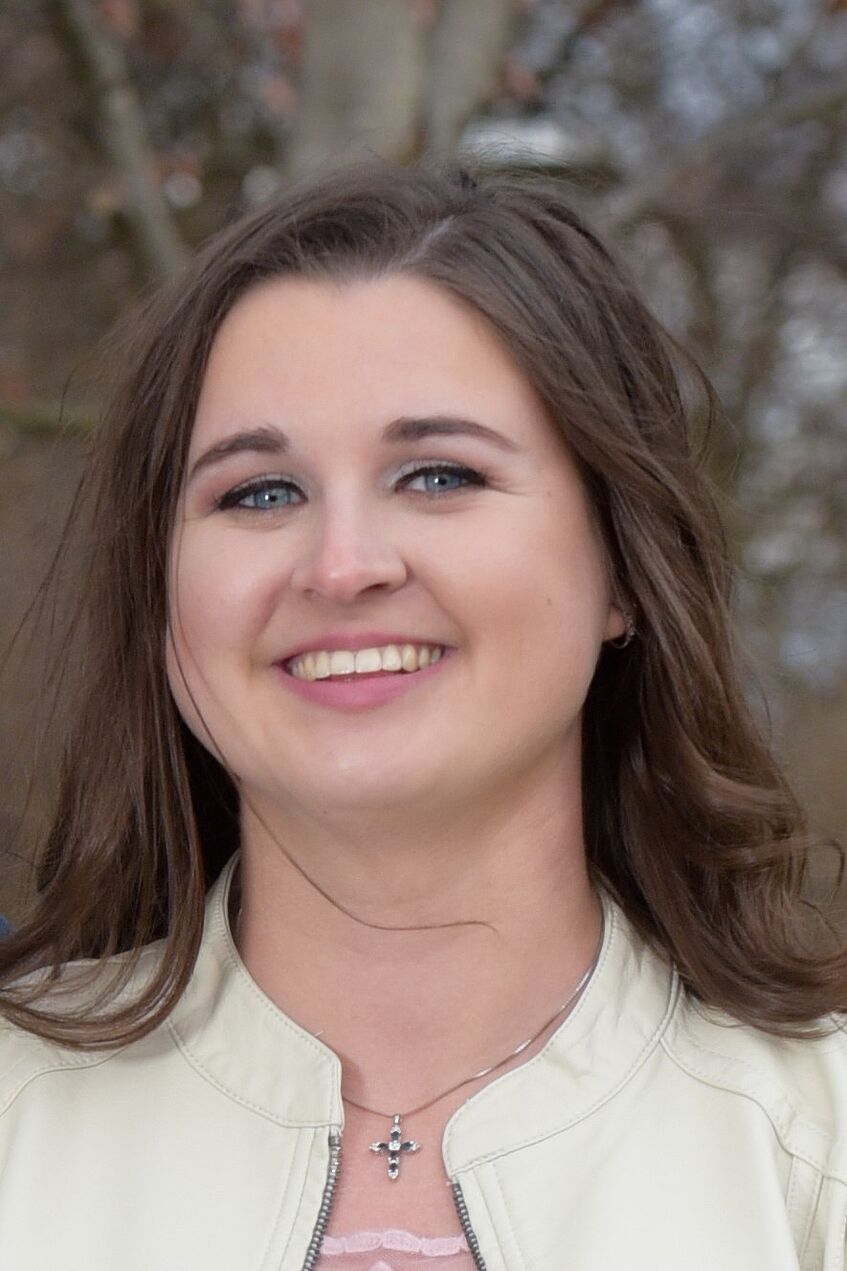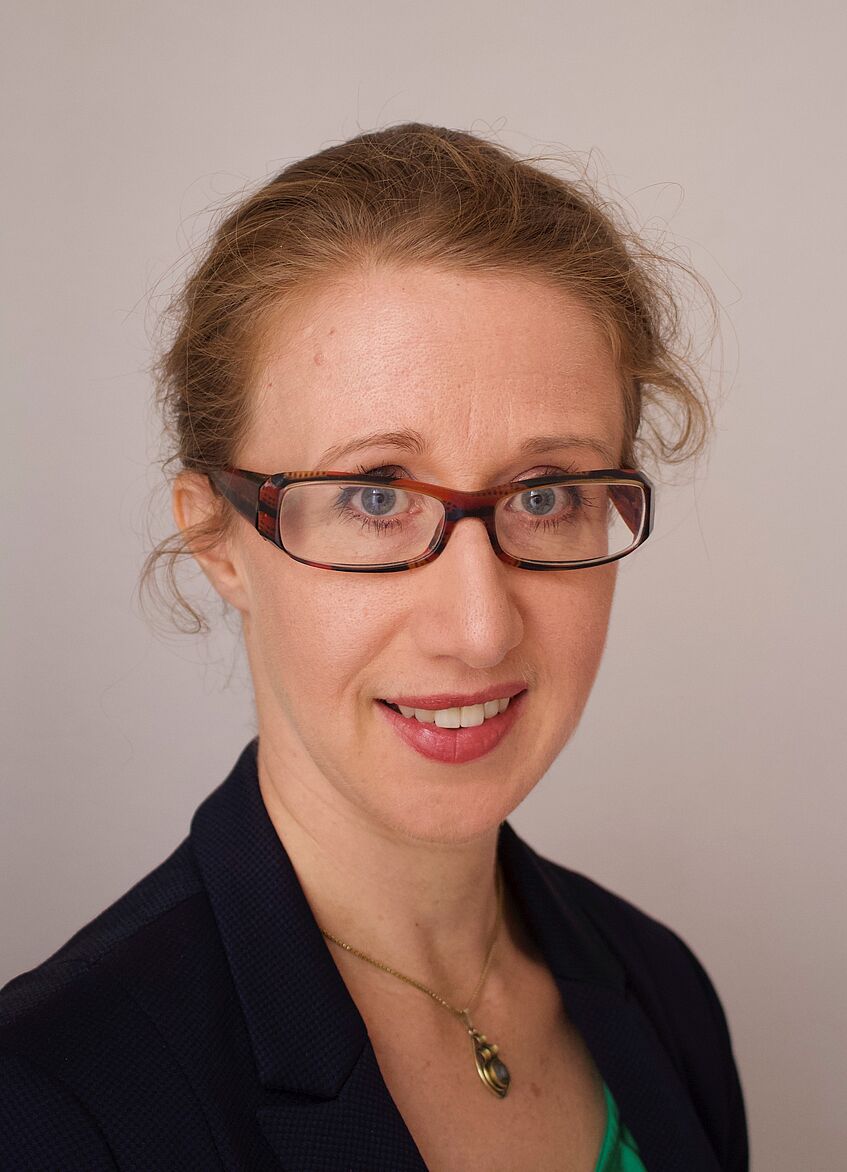Online Lecture 4 "COVID-19 beyond Borders"
Brie Winnega and Julia Hoydis
Tuesday, 22 June 2021, 4:30 pm
Brie Winnega (University of Texas at Austin)
"'I've seen so many deaths': COVID-19 Nursing Testimony as Literary Caretaking"

Brie Winnega
Abstract
Much of the health humanities has become invested in the notion of narrative medicine, which, according to Rita Charon's definition, uses narrative to inform clinical practice (Charon 2008). What might it look like, though, for narratives by care providers to instead defy the confines of clinical space – a space which, for some, is wrought with violence – and to instead exist as itself a form of caretaking? One possibility takes the shape of testimonies such as that of Lawanna Rivers, a travel nurse working at the University Medical Center in El Paso, Texas, who describes the hospital's COVID-19 "pits," large tents where the sickest patients at the hospital are left to die (Collman 2020). So too might it take the shape of the "dispatch" of an anonymous nurse working in an undisclosed hospital, describing the lack of personal protective equipment that has left nurses and techs exposed to COVID-19 (Grim 2020).
In brief, I argue that we can find examples of literary caretaking in the testimonies of nurses who provide direct care for patients during the COVID-19 pandemic. I will incorporate analyses of various forms of nurse testimonies to demonstrate that, in extreme cases, the personal accounts and acts of public witness that constitute many such testimonies function as compensation for a perceived futility of medical intervention. By conceptualizing these testimonies as caretaking, we might begin to reimagine and better understand the many implications of each author's decision to cross the border between private, in-hospital experience and public knowledge.
Bio
Brie Winnega is a doctoral student in the Department of English at the University of Texas at Austin. Her dissertation studies concepts of care ethics and disability rights in contemporary nurse memoirs.
Julia Hoydis (Karl-Franzens-Universität Graz)
"Narrating the COVID-19 Risk Society"

Julia Hoydis
Abstract
Across disciplinary borders, popular and scientific risk discourses have been amplified by two enduring crises: climate change and the Covid-19 pandemic. They bring to the fore the societal challenge to manage and communicate these kinds of global risks 'appropriately' and in their complexity. They also highlight the complicated temporalities and the ambiguities shaping the conception of risk: the intersections of rationality and emotion, and of fact and fiction. Inevitably, these are negotiated through narratives, which accompany figures and numbers and create stories of causality, responsibility, anticipation – aiming to provide humans with orientation in the face of fear and contingency.
Whereas the medical sciences employ a concept of risk as measurable uncertainty, driven by action-oriented paradigms of disease detection and prevention, this talk explores risk from the perspectives of cultural risk theory, narratology, and (English) literary history. It suggests taking a supplementary approach to analysing health risk narratives, arguing that risk research, at the heart of the Covid-19 pandemic, must be carried out at the intersection of science, culture, and society that defines risk beyond narrow technical-scientific definitions. In the face of increasingly diverse and complex information and options for health-related decision-making, the medical humanities therefore have much to offer with regard to risk, a concept that both transcends borders and constantly redraws them. In particular, this talk argues, they offer expertise on the analyses of cultural practices, metaphors and plot patterns that reveal how COVID-19 risk discourse utilizes mechanisms of blame, fear-induction, stigmatization and exclusion; in other words, how it gives insight into crucial principles of border-drawing (e.g. between people, areas, nations of/at 'high risk').
Bio
Julia Hoydis is Professor of English Literature and Culture at the University of Graz. Previously, she held positions as Professor of English Literature and Gender Studies (funded by the FONTE Foundation) at the University of Duisburg-Essen, and as Assistant Professor at the University of Cologne. She is general editor of ANGLISTIK: International Journal of English Studies. Among her publications are Risk and the English Novel. From Defoe to McEwan (De Gruyter, 2019), the co-edited volumes Representations of Science in Twenty-First Century Fiction (Palgrave, 2019) and Teaching the Posthuman (Winter, 2019), and articles on contemporary drama and climate change communication. Her research interests include literature and science, gender studies, and the environmental humanities; current projects focus on "Climate Change Literacy" (as PI, funded by the Volkswagen Foundation, 2021-22) and on "Aging Studies and Ecocriticism" (with colleagues from Graz and the Center for Interdisciplinary Research on Aging and Care (CIRAC)).
